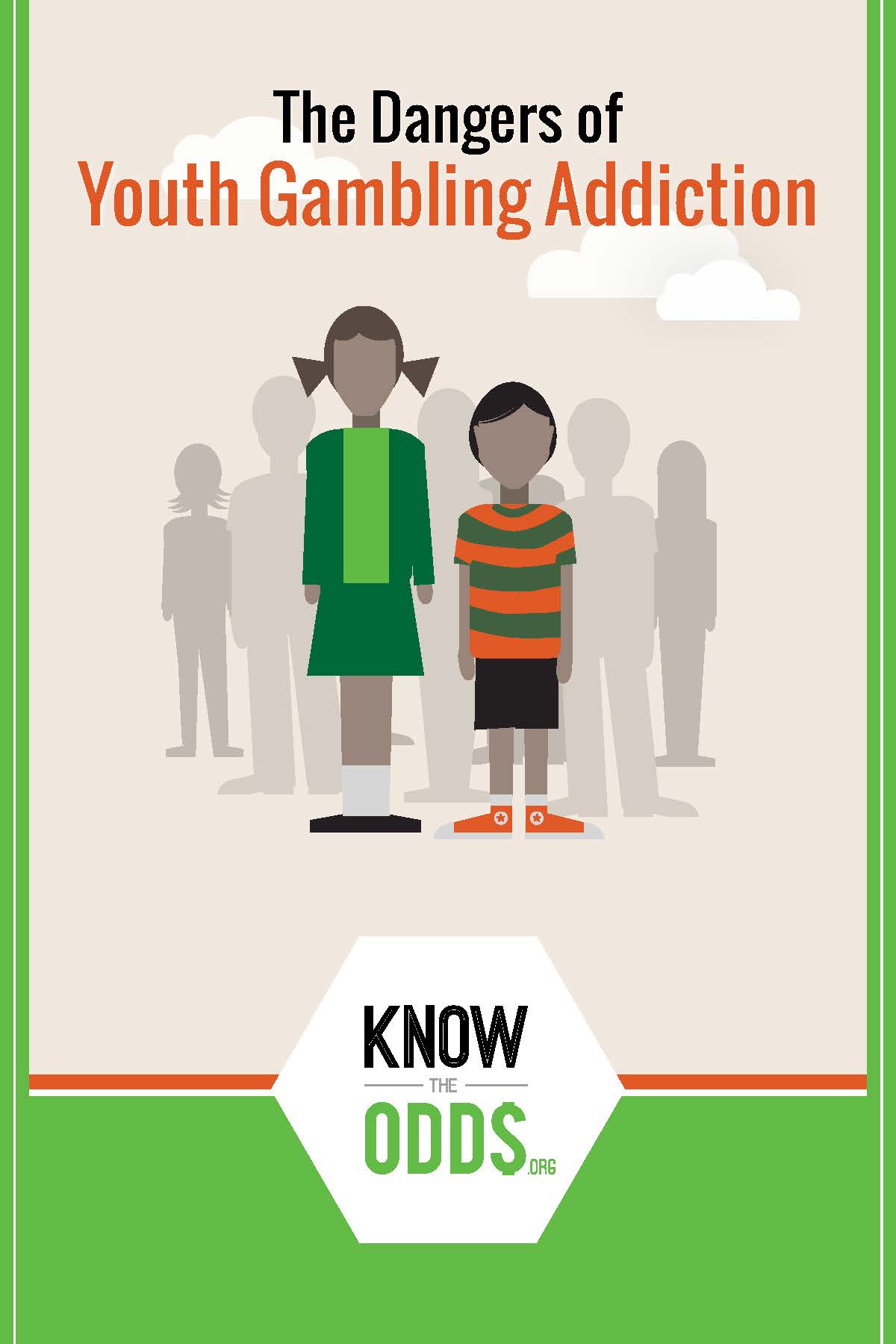Spouse Gambling Problem
- Dr. David B. HawkinsThe Relationship Doctor
- 200918 Feb

Focus on the problem, not the person. It can be easy to take a spouse’s addiction personally, as a referendum on you and on characteristics about you that can’t be changed. In a similar vein, it can be easy to begin defining your spouse exclusively in terms of their addiction. A gambling problem is defined as behavior that disrupts life, even if it’s not out of control. The reasons for excessive gambling vary, but many people use it to alleviate stress or feelings of incompetency. The following signs may indicate your spouse has a gambling problem: Increasing preoccupation with gambling that consumes excessive time. Supporting a spouse through addiction is difficult and is likely to put a strain on even the strongest and most loving relationships. As the partner of a gambler, there are a number of challenges you will face throughout the recovery process including: Feeling powerless while your partner is gambling.
Editor's Note: Do you need sound, Biblically-based advice on an issue in your marriage or family? Dr. David will address questions from Crosswalk readers in each weekly column. Submit your question to him at TheRelationshipDoctor@gmail.com.
Dear Dr. David,
I am writing out of frustration because of my wife’s shopping habit. We’ve been married for fifteen years, and ever since we’ve been married she’s had an addiction to shopping. It would be one thing if she spent a reasonable amount of money on keeping up her wardrobe, but it seems like her problem is getting worse. She spends more than we can afford, sneaks money to buy clothes and then returns many of the things she buys. When I confront her about her spending she gets incredibly defensive. We can’t talk about the problem without getting into horrible fights. The more she spends, and then hides her spending, the more I distrust her. I feel like my marriage is slipping away, and I don’t know what to do about it. She wants to treat it like nothing is wrong, yet my love for her is in danger. I’m about ready to give up on our marriage, yet don’t want to lose her. But, I can’t live like this any longer. I’ve read that this is a common problem, but if my wife won’t admit the problem, and if she won’t even talk to me about it, what can I do? Please help. ~ Going Broke
Dear Broke,
There are several issues that need to be addressed in your letter. Let’s take them one at a time.
The fact that your wife is secretive about her spending, and won’t allow you to confront her about it, is alarming. You’re right to call it an addiction, because secrecy and dishonesty are two of the hallmarks of addiction. Your wife’s spending is out of control and she undoubtedly knows it, thus leading to her secrecy and dishonesty.
Spouse Gambling Problem
This problem needs to be treated like any other addiction. While our culture is quick to label addictions to alcohol and drugs, we are slower to confront addictions to processes, such as shopping, gambling and eating, to name a few. Nonetheless, as your letter indicates, any addiction can be extremely debilitating and damaging to a relationship. I’m not surprised to hear that your trust for your wife is declining and your love for her is in jeopardy. This is the path of any addiction.
Now, what can be done about it?
First, it is important that you read about, and thoroughly understand the process of addiction. Knowledge and wisdom are critical first steps when facing any problem.
Second, after educating yourself about addictions, and knowing that your wife may continue to deny and minimize her problem, you must discontinue arguing with her about her problem. Her resistance to information, or intervention, further indicates an addiction. Addicts deny and minimize their problems, making those who confront them feel crazy. Armed with knowledge about this process, you’ll be less likely to fight with her. You won’t win this battle by convincing her of her problem. She must come to that realization on her own.
Third, prepare to take a tough stand. Addicts must reach their “bottom,” where their addiction no longer works for them. Your wife shops for a variety of “reasons,” and will likely give it up very reluctantly, and only when she must. The question will be whether she values her marriage more than her addiction, and only she can answer that. In the meantime, you must set a firm boundary—she must seek treatment for her addiction if she is to remain married to you. Also, I would suggest you seek out a trusted financial advisor. It will take time for your wife to conquer her addiction, and in the meantime, you do not want to be facing financial ruin.
Fourth, you must be prepared to take on the role of support and encouragement, not blaming and discouragement. Blame and shame are not helpful, as she undoubtedly already feels ashamed of her situation. While she will initially resent you for taking a stand, sometime in the future she’ll thank you for your strength.

Finally, let her know, firmly, that you are taking this stand because you love her. Remind her that you’re committed to her and will seek help with her. Let her know that you are open to exploring any role you might play in her problems and the unhappiness that may be fueling her addiction, while remaining firm that an intervention is critically necessary.



